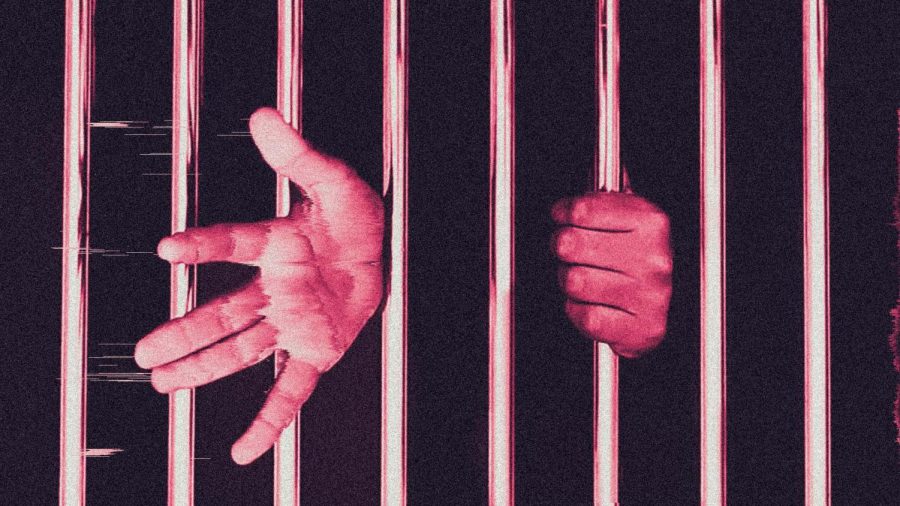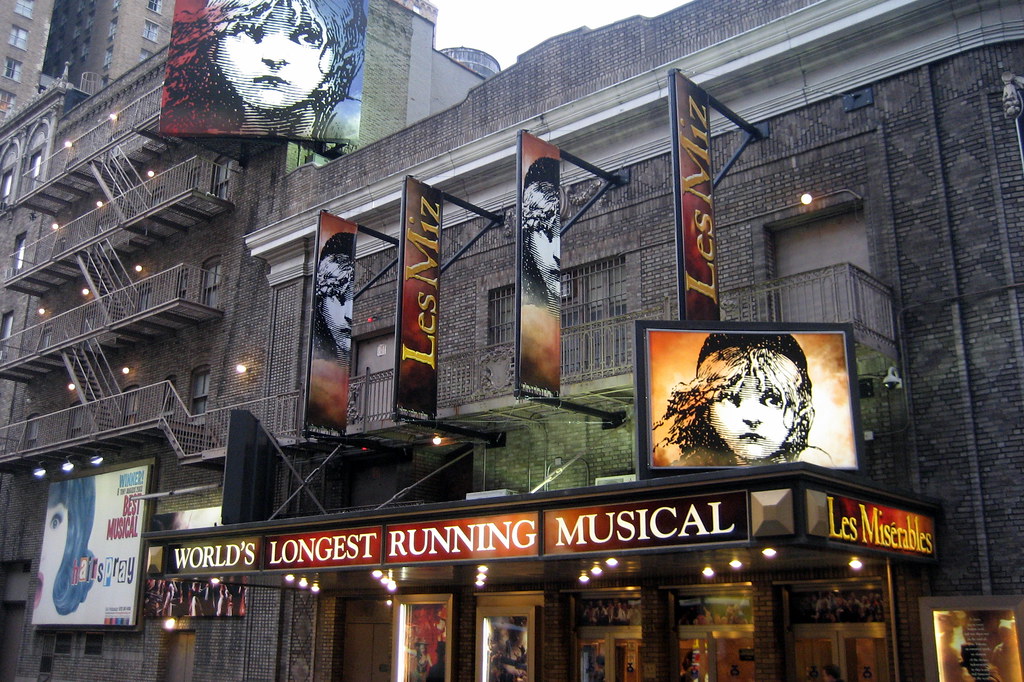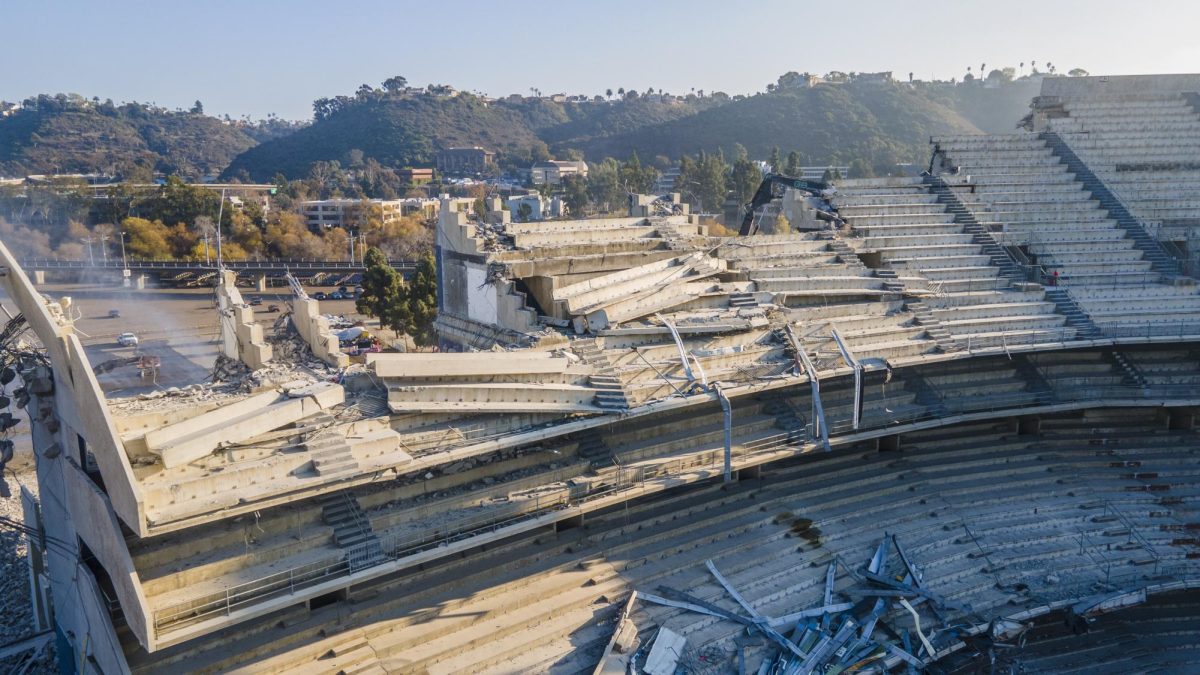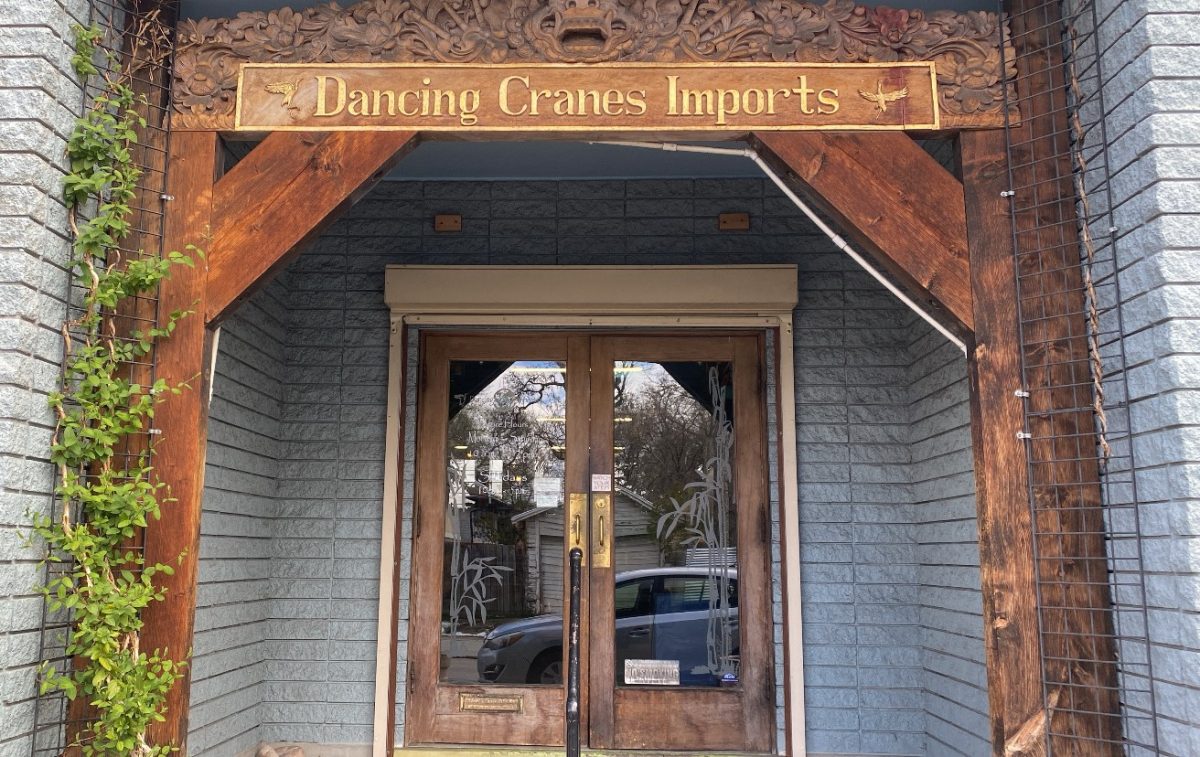Cushman: Wrongful Convictions Make a Justice System Unjust
(Graphic by Sydney Stam | The Daily Utah Chronicle)
December 28, 2021
Malcolm Alexander served 38 years in prison for a rape he didn’t commit. The wrongful conviction was based on a bad identification procedure. After nearly four decades, Malcolm saw his mother, sister and son face-to-face again. He lost so many years of his freedom but was eventually able to win the fight to regain it. Many other wrongfully convicted people, however, never win that fight.
Our justice system has limited resources and legal barriers that make it difficult to overturn a wrongful conviction. We need to change our justice system to stop wrongful incarceration and give wrongfully incarcerated individuals a path to freedom.
Few Opportunities to Right Many Wrongs
An estimated 2-10% of incarcerated people are wrongfully convicted, which equates to between 46,000 and 230,000 people behind bars for crimes they didn’t commit. Our justice system, like every justice system in the world, gives wrong verdicts sometimes. But problems arise when the wrongfully convicted find it next to impossible to overturn their convictions.
To get out of prison, the wrongfully convicted must present new evidence that could exonerate them or prove that an aspect of their original trial was unfair enough to warrant a new one. On the surface, those seem like fair standards. However, several institutional barriers and laws make that process more difficult than it sounds. For example, some states don’t recognize flawed science used to obtain an original conviction as new evidence. False or misleading evidence contributes to 24% of wrongful convictions nationally, but proving that evidence is flawed doesn’t always guarantee a new trial.
Limited DNA access laws also create barriers for the wrongfully convicted. All 50 states have some kind of law allowing prisoners to access the DNA in their own case files. But in some states, a defendant who pled guilty loses that access.
These barriers, among many more, make it incredibly difficult for a wrongfully convicted person to overcome on their own. Innocent people behind bars often need good lawyers and a support network dedicated to helping them. However, that support typically comes from outside groups like the Innocence Project to help them navigate the appeal process and the laws that keep them imprisoned.
The Consequences of Wrongful Convictions
The thousands of people wrongfully convicted suffer the consequences of these decisions. Not only do they lose years or even decades of their lives, but also experience mental health problems as severe as depression and suicidal thoughts.
The consequences extend beyond the wrongfully convicted themselves. When innocent people go to jail, real criminals walk free. This denies families justice and allows perpetrators to continue committing crimes. In 1984, Jennifer Thompson identified the wrong man, Ronald Cotton, as her rapist in a police lineup and he went to jail for the crime. Her actual rapist went on to rape multiple other women, committing over 20 crimes following Thompson’s rape.
Thompson openly shares how difficult Cotton’s wrongful conviction has been for her. She went from being a victim and survivor of a crime to someone partially responsible for hurting someone else. Victims of crimes involving wrongful convictions often feel guilt, fear and depression.
Justice-Minded Reforms
Wrongful convictions hurt innocent people convicted of crimes, their families, victims and families of victims. To combat this, we need clear national standards for laws that minimize wrongful convictions and create accessible pathways to freedom for the wrongfully convicted.
The Innocence Project recommends changing laws about new evidence to include now-debunked science, as well as amending DNA access laws to be the same for everyone, regardless of their plea. They also recommend changes to laws surrounding jailhouse testimonies and requiring all police interviews to be recorded.
Most importantly, our justice system should work more to give convicted criminals the resources to fight for their freedom within the system. Innocent people in jail shouldn’t need assistance from outside organizations. Lawyers should be made available to convicts to answer questions about the appeal process. Appellate courts that handle wrongful conviction appeals also need to develop a more open-minded culture when it comes to the frequency of wrongful convictions. Overall, we need to be more justice-minded than conviction-minded. A closed stamp on a case file means nothing if the supposedly guilty person is innocent.
Our justice system is designed to hold people accountable for causing harm. Until we create laws and policies to minimize wrongful convictions and help innocent convicts, we will continue to see unjust outcomes not only for the wrongly convicted but for victims as well.










Debra Shurtleff • Jan 21, 2022 at 5:19 pm
There are a lot more problems than that. Many attorneys won’t fully do their job. They are not reprimanded for that. Appeals go through the same judge who gave the guilty verdict. Judges are allowed to call their own case good, fair, and valid. Inmates don’t have access to all the law books that they need. They aren’t allowed to get certain books because of the weight limit or number of books limit. I haven’t seen any public defender willing to do anything beyond the very bare minimum.